| Major General Charles George Gordon |
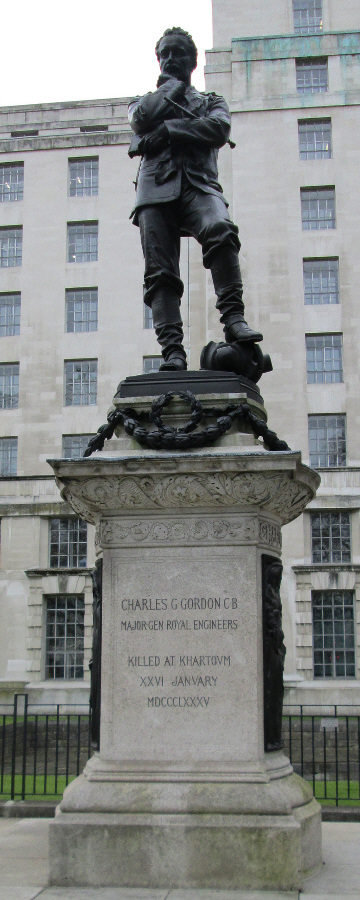 |
Charles G. Gordon CB
Major General, Royal Engineers
Killed at Khartoum
XXVI January
MDCCCLXXXV
(26 January 1885) |
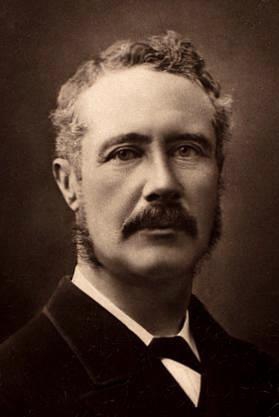 |
Major-General Charles George Gordon, CB (28 January 1833 - 26 January 1885), also known as Chinese Gordon, Gordon Pasha, and Gordon of Khartoum, was a British army officer and administrator. More information on Wikipedia |
|
| Field Marshal Douglas Haig, 1st Earl Haig of Bemersyde |
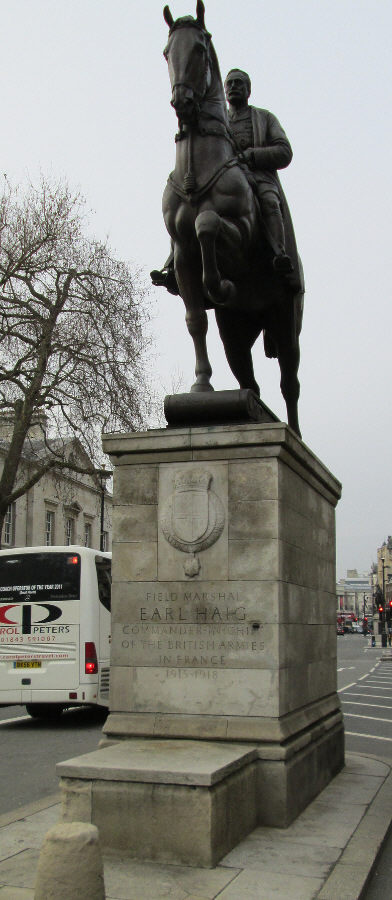 |
Field Marshall
Earl Haig
COMMANDER-IN-CHIEF
OF THE BRITISH ARMIES
IN FRANCE
1915 - 1918 |
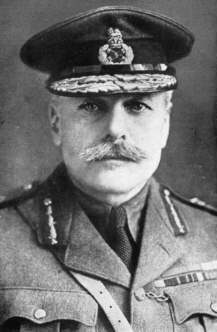 |
Field Marshal Douglas Haig, 1st Earl Haig of Bemersyde, KT, GCB, OM, GCVO, KCIE, ADC, (19 June 1861 - 29 January 1928) was a British senior officer during World War I. He commanded the British Expeditionary Force (BEF) from 1915 to the end of the War. He was commander during the Battle of the Somme, the battle with one of the highest casualties in British military history, the Third Battle of Ypres, and the Hundred Days Offensive, which led to the armistice in 1918. More information on Wikipedia |
|
| Field Marshal Alan Francis Brooke, 1st Viscount Alanbrooke |
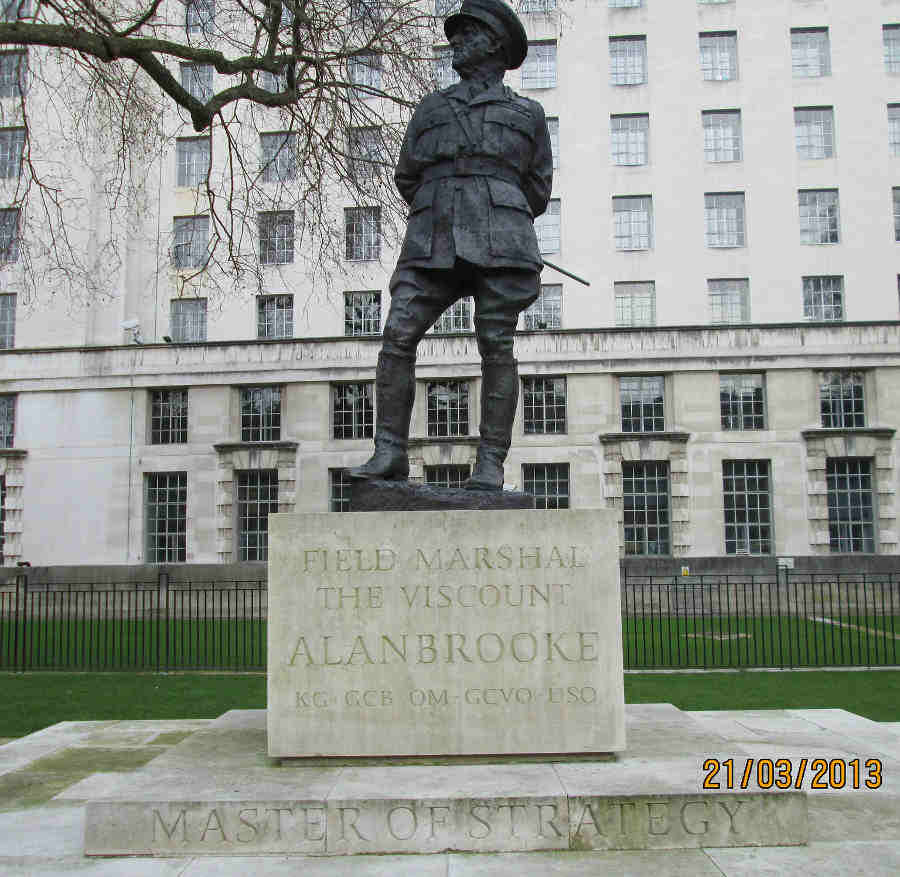 |
Field Marshall
The Viscount
Alan Brooke
KG GCB OM GCVO DSO
Master of Strategy |
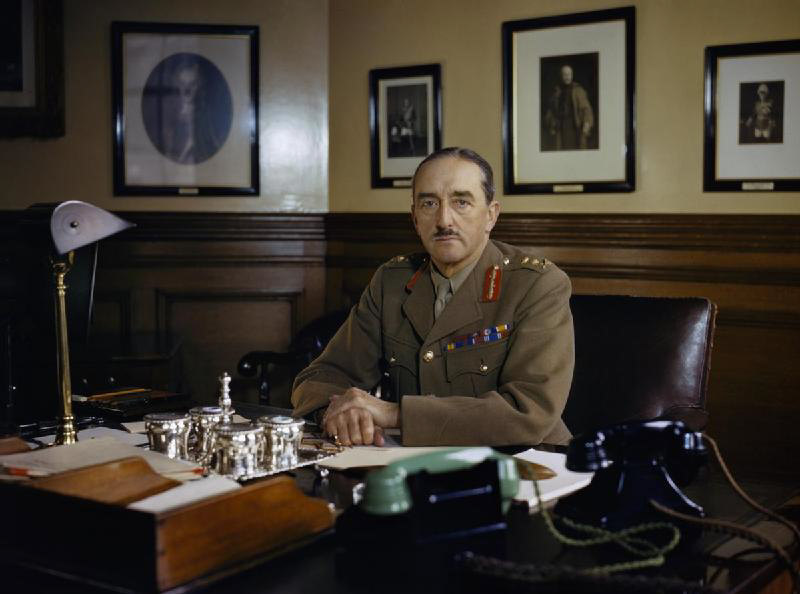 |
Field Marshal Alan Francis Brooke, 1st Viscount Alanbrooke, KG, GCB, OM, GCVO, DSO & Bar (23 July 1883 - 17 June 1963), was a senior commander in the British Army. He was the Chief of the Imperial General Staff during the Second World War, and was promoted to Field Marshal in 1944. As chairman of the Chiefs of Staff Committee, Brooke was the foremost military advisor to Prime Minister Winston Churchill, and in the role of co-ordinator of the British military efforts was an important but not always well-known contributor to the Allies' victory in 1945. After retiring from the army, Field Marshal Lord Alanbrooke (as he then was) served as Lord High Constable of England during the Coronation of Queen Elizabeth II in 1953. His war diaries attracted attention for their criticism of Churchill and for Brooke's forthright views on other leading figures of the war. More information on Wikipedia |
|
| Field Marshal Bernard Law Montgomery, 1st Viscount Montgomery of Alamein |
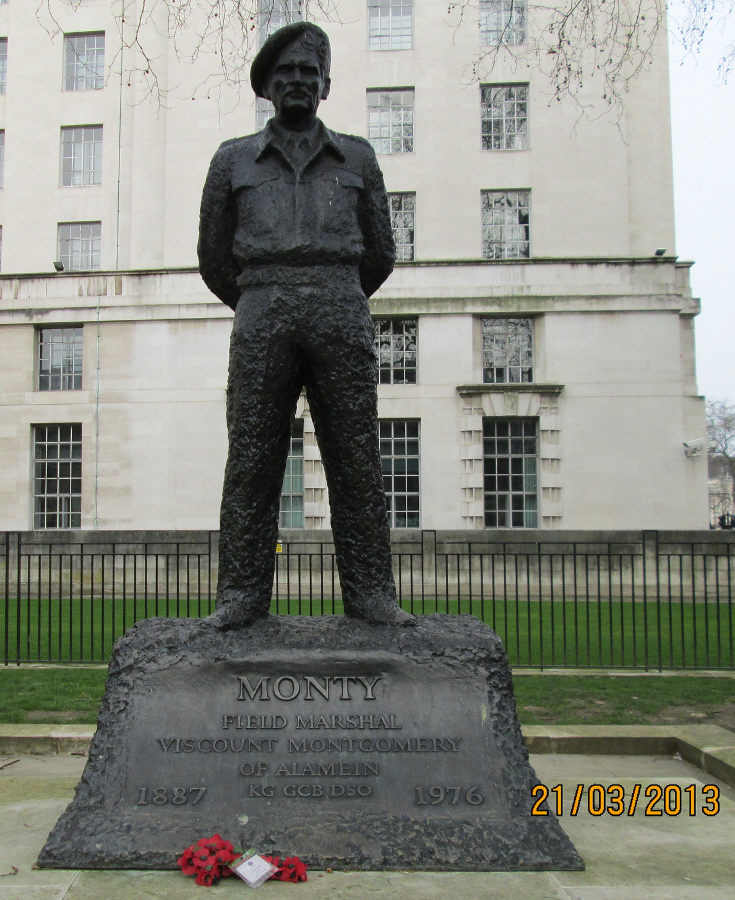 |
Monty
Field Marshall
Viscount Montgomery
of Alamein
1887 KG GCB DSO 1976 |
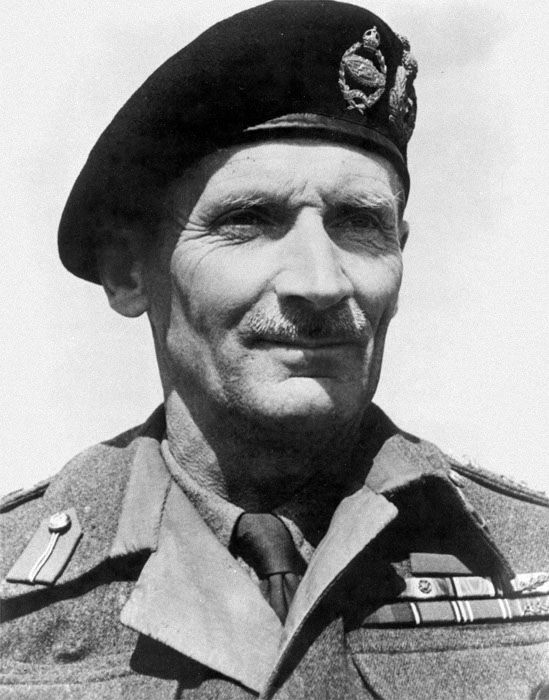 |
Field Marshal Bernard Law Montgomery, 1st Viscount Montgomery of Alamein, KG, GCB, DSO, PC (17 November 1887 - 24 March 1976), nicknamed "Monty" and the "Spartan General", was a British Army officer.
He saw action in the First World War, where he was seriously wounded, and during the Second World War he commanded the Eighth Army from August 1942 in the Western Desert until the final Allied victory in Tunisia. This command included the Battle of El Alamein, a turning point in the Western Desert Campaign. He subsequently commanded the Eighth Army in Sicily and Italy before being given responsibility for planning the D-Day invasion in Normandy. He was in command of all Allied ground forces during Operation Overlord from the initial landings until after the Battle of Normandy. He then continued in command of the 21st Army Group for the rest of the campaign in North West Europe. As such he was the principal field commander for the failed airborne attempt to bridge the Rhine at Arnhem and the Allied Rhine crossing. On 4 May 1945 he took the German surrender at Luneburg Heath in northern Germany. After the war he became Commander-in-Chief of the British Army of the Rhine (BAOR) in Germany and then Chief of the Imperial General Staff. More information on Wikipedia |
|
| Sources |
| Monuments | The pictures of the monuments are private property of Linda Robertson. |
| Charles George Gordon | No copyright. More information on Wikipedia |
| Douglas Haig | No copyright. More information on Wikipedia |
| Alan Francis Brooke | No copyright. More information on Wikipedia |
| Bernard Law Montgomery | No copyright. More information on Wikipedia |
|







